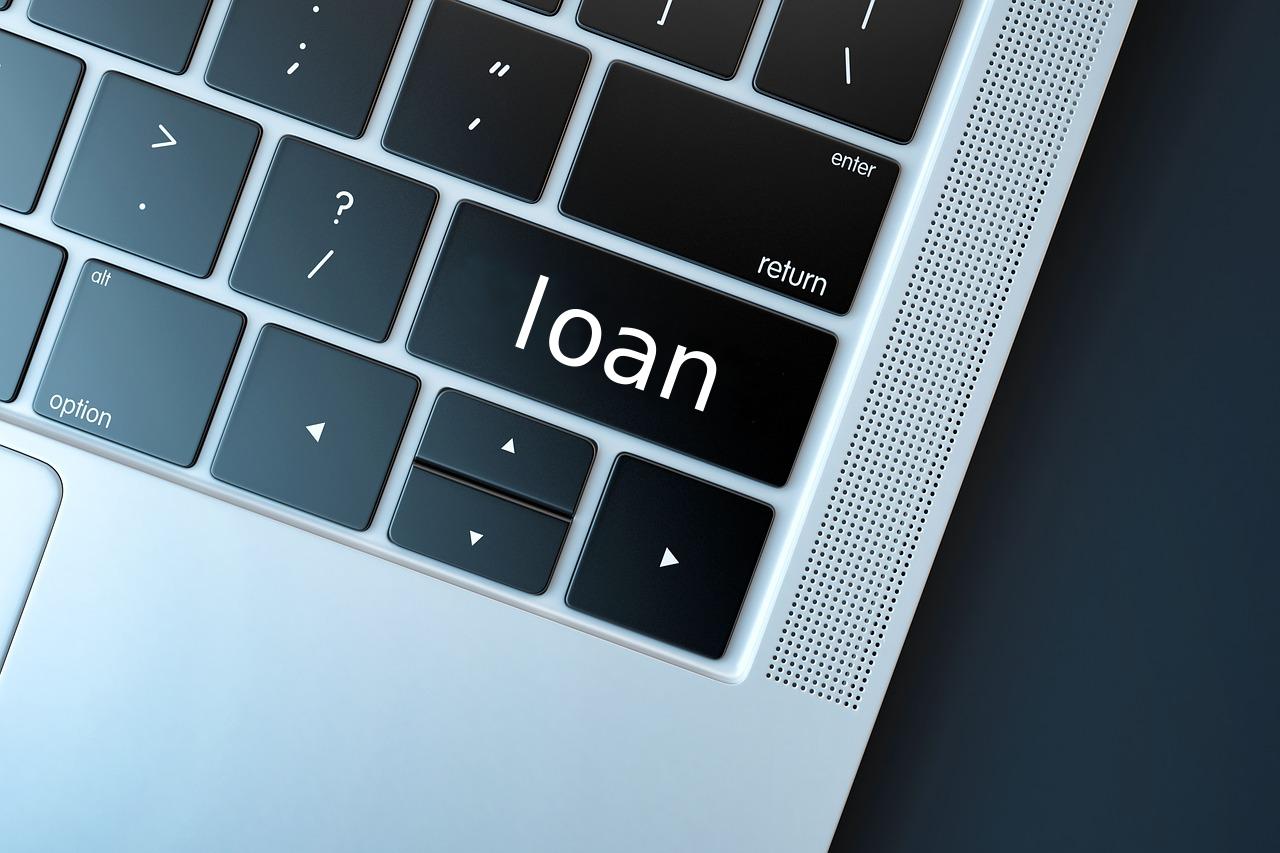These days, there are endless options for loans. But, how do you know which is the best option for you? In this article, we’ll explore the factors that you should keep in mind when choosing a loan so that you can make an informed decision.
Getting a loan these days is easier than ever. Particularly with the rise in online loan marketplaces, it’s extremely easy to compare and contrast the loan interest rates and terms of leading banks and NBFCs to arrive at a suitable lender for you. Here are some things to keep in mind when choosing a lending partner to ensure that you’re getting the best deal:
- Analyse Interest Rates
Your loan interest rate will have a huge impact on your EMIs. As you may already know, a higher interest rate will drive your EMI payments up and vice versa. This is why you need to pay special attention to your interest rates. Make sure that it is as low as possible. You can shop around, compare and contrast the interest rates offered by different lenders to arrive at a lender who offers a good rate. If you have an existing relationship with the bank that’s favourable, you can also try negotiating the interest rates.
- Fixed vs Floating Rates
Typically, lenders offer two types of interest rates: fixed and floating rates. Under fixed rate, as the name suggests, the interest rates will remain the same throughout the repayment period. Whereas, under floating rate, the interest rates will vary as per the economic climate and the bank’s policies throughout the repayment period. Check with your lender regarding what kind of rates they offer and choose one that’s optimal for you.
- Fees and Charges
Another important aspect of any loan is the fees and charges associated with the loan. This can include processing fees, prepayment charges, bounce charges, branch change fees, etc. While these fees are inevitable, choose a lender that operates with minimal fees and charges to keep the costs associated with the debts as low as possible. If you have a good credit score or a good relationship with the bank, you can also try negotiating with the bank to waive certain fees and charges.
- Choose the Right Tenure
Your repayment period or tenure plays an important role in determining your EMIs. This is because your loan amount is spread out over this period. If your loan tenure is very long, then you will end up paying up in interest as a lengthy loan tenure will accrue interest over a long period of time.
- Understand the Documentation Process
Different lenders require different types of documentation for loan applications. If you’re in a time crunch, you can find a lender who only needs a few documents to get started with your loan application. Given that most lending institutions offer online loan applications, most times, all you’d need to do is upload your scanned documents.
- Application Process
These days, loan applications have become very simple. You can enter in a few details such as your age and income to instantly discern your eligibility. If you are eligible, you can start applying online itself. This makes the process of applying for a loan very simple and effective.
- Look for Flexibility
It’s good to think of the future, which is why while choosing a lender, consider choosing a lender who allows prepayments and foreclosure. This is important because loans are generally spread out over a long period of time. During this time, your income level is likely to change. In case your income does rise, you might want to increase your EMI or you may even consider foreclosing your loan if you can afford to do so. To be prepared for a situation like this, it’s important that you choose a lender that allows for foreclosures. If you’re looking for even more flexibility, consider flexiloans.
- Credit Score
We know that credit score is crucial to our financial well-being as it plays a huge role in determining how easily we’re able to acquire debt. A good credit score will also help you negotiate terms with lenders more effectively as lenders view your credit score as an indicator of your creditworthiness. Additionally, if you have a high credit score, you will also be able to get lower interest rates which will drive down your overall debt liability. So, if you’re looking to take a loan but your credit score is not favourable, consider making some changes to your financial habits and improving your credit score as this will benefit you greatly.
- Collateral vs Collateral-free
Widely, there are two types of loans – secured and unsecured loans. Secured loans are loans wherein you pledge something valuable in return for the loan. In case you fail to pay the loan back, the lender will take possession of your collateral and liquidate it to fund your loan repayment. Since there is a level of accountability involved with secured loans, the interest rates on secured loans tend to be lower than interest rates on unsecured loans. Secured loans include gold loans, loans against property, housing loans, etc. Unsecured loans, on the other hand, are loans where there is no collateral involved, this includes personal loans, professional loans and business loans. Both unsecured and secured loans have their own unique advantages and disadvantages, you should choose between an unsecured and secured loan based on your financial needs and obligations.
These days taking out a loan is easier than ever, thanks to online lending platforms where the turnaround time can be as low as 24 hours. Online platforms like Lendingkart loans have made the entire loan application and disbursal process very simple, so you can go about with your loan application process stress-free!
